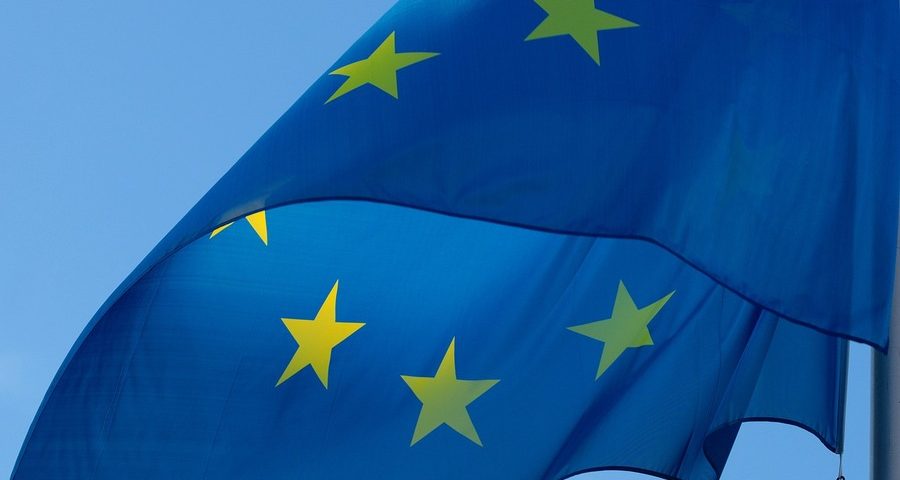
Giving remains stable in Sweden for now despite signs of decline
September 6, 2023
Smee & Ford Legacy Giving Awards 2024 open for entries
October 4, 2023The EU Commission has this week adopted a proposal to facilitate cross-border activities of nonprofit associations in the EU.
The proposal will next be presented to the European Parliament and the Council for approval, and once adopted, Member States will have two years to transpose the Directive into national law.
It is aimed at improving the Internal Market’s functioning by removing legal and administrative barriers for nonprofit associations that operate (or wish to) in more than one Member State. Currently, when nonprofit associations engage in activities in a Member State different to the one they are established in, they often need to register again or even form a new legal entity in that Member State.
The new rules are expected to reduce their administrative costs and enable more nonprofits to take part in cross-border activities. They include establishing in each Member State a new legal form of nonprofit associations specifically designed for cross-border purposes (the ECBA), next to existing national legal forms. This form will be automatically recognised across the Union once an ECBA is registered in one Member State, through an ‘ECBA certificate’.
The decision is being hailed as a breakthrough by Sergey Lagodinsky MEP, Greens/EFA rapporteur and Vice Chair of the Legal Affairs Committee. It follows Lagodinsky’s report on ‘A statute for European cross-border associations and non-profit organisations’, which was adopted by the European Parliament with an overwhelming majority in February 2022.
Last October also saw EFA run a webinar with a focus on the proposal, which was attended by fundraisers from around Europe, and saw Lagodinsky give an overview of the proposed statute.
Speaking in response to this week’s news, Lagodinsky commented:
“[The] proposal is a breakthrough for all those who are fighting to support democracy across European borders, and a first step towards protecting civil society as a whole throughout the Union. Democracy does not end at a country’s border. Civil society organisations are at the heart of every democracy. Making them strong and truly European is a safeguard for our European future.
“Right now there are 24 different regulatory regimes applicable to civil society organisations in the EU. This legal patchwork creates hurdles for cross-border civil engagement and ultimately restricts civic space.
“Ensuring legal protection is crucial today with civil society under attack in many EU countries. Restricting activities, discriminating against individual members and limiting access to funding are ways of pressuring NGOs. This EU-wide legal status will strengthen civil society organisations bringing together people from more than one member state.
“The Commission has taken a decisive step for strengthening civil society today building on the ideas of the European Parliament. We are willing to take that ambition forward, now the Council will also need to live up to those expectations.”
Simona Biancu, chair of EFA’s Public Affairs Working Group, commented:
“Although there are many more steps ahead, the adoption of the proposal by the EU Commission is a crucial move towards the recognition of the complex European philanthropic space and achieving the support that’s needed to advance it.”
Read more on this in the October edition of Fundraising Europe – out 4 October.




